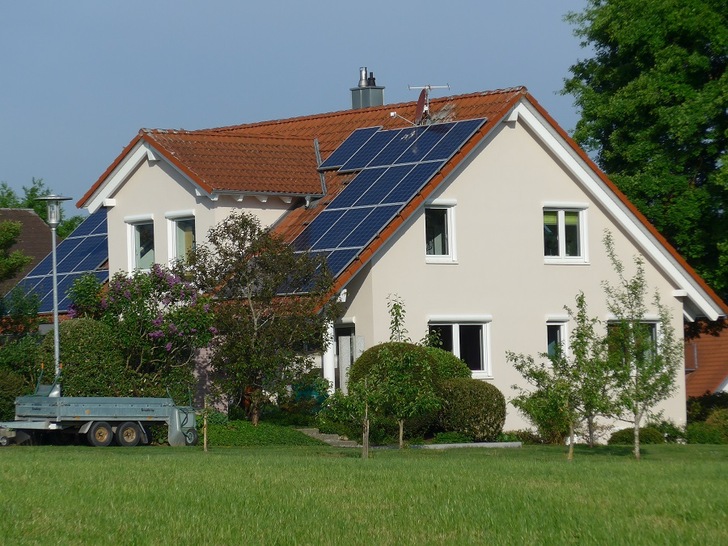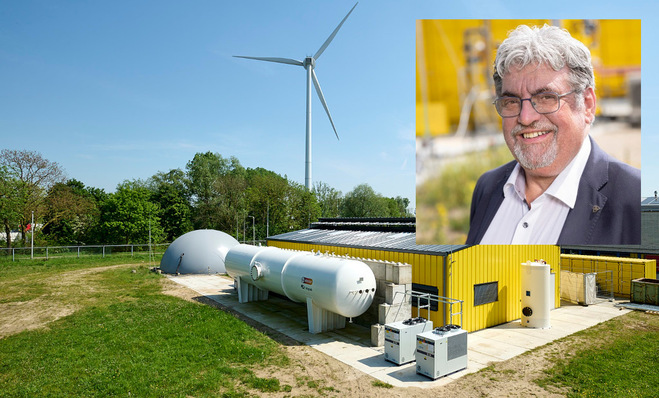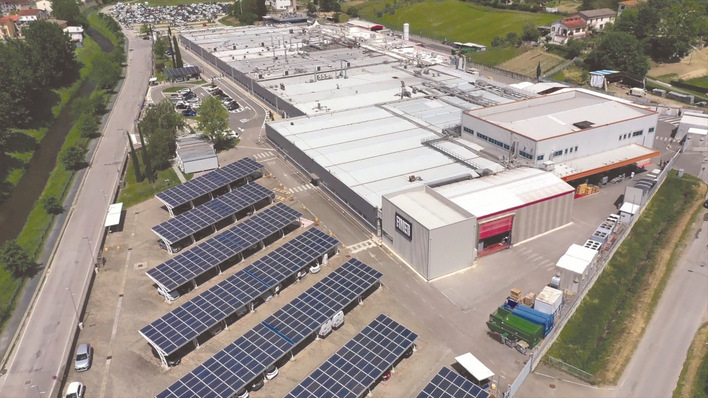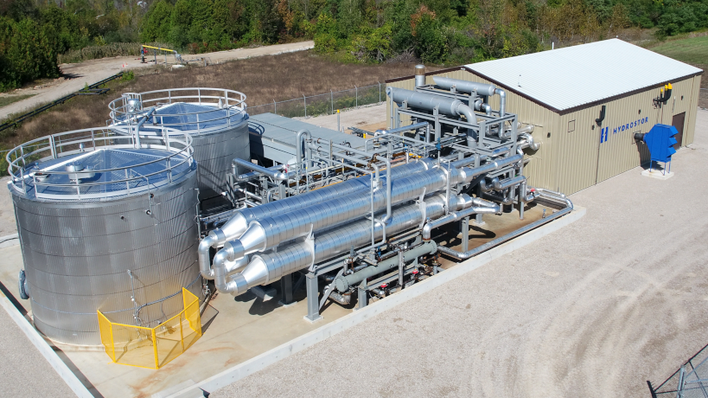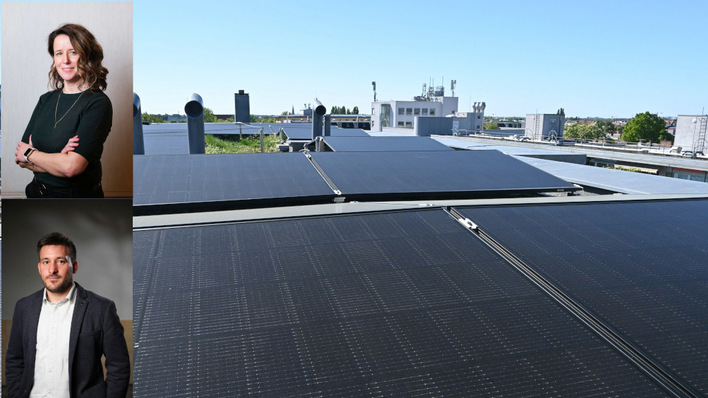"Whether solar cells, solar storage or solar collectors - this year they were virtually torn out of the hands of our industry," Carsten Körnig, CEO of the German Solar Industry Association (BSW) is pleased to report. The year 2020 was also "challenging" for the solar industry, but ultimately successful due to the removal of some market barriers.
Self-consumption, lower costs, e-mobility drive solar roofs
No other form of energy grew more strongly in electricity generation in 2020 than photovoltaics (PV). That's according to a recently published annual report from the energy industry. According to the report, almost one in ten kilowatt hours consumed in Germany this year now comes from solar energy. By the end of the decade, the German government wants to double solar power plant capacity. Energy and climate scientists even consider a tripling to be necessary.
In addition to a climate awareness that has now reached the center of society, the BSW sees a whole range of other drivers for the recent solar boom: a striving by many consumers for more independence, significantly lower solar technology prices, improved subsidy conditions for modernizing heating systems, and a switch to electromobility that is gaining momentum.
In the heating sector, too, demand for solar technology turned positive after years of decline. BSW estimates, sales of solar heating systems picked up by over 25 percent in 2020. In the first three quarters of this year, the Federal Office of Economics recorded a threefold increase in the number of applications for subsidies for solar thermal systems compared with the same period last year.
Confident outlook for 2021
Good conditions for growth also make the solar industry confident for 2021 and the coming legislative period: "We expect the German government to significantly increase the climate targets and the pace of solarization before the German parliamentary elections, in agreement with the EU. By shifting a few energy policy levers, the installation pace could be doubled in a timely manner and the dependence on subsidies reduced," Körnig is convinced.
Did you miss that? 2020 is the “pivot point” for noncarbon energy
"There is an overwhelming willingness to invest among private consumers and in the business community, even under pandemic conditions. The German government will have to ignite this solar turbo in 2021. Climate targets and thus voter favorability are otherwise in serious jeopardy“, Körnig says.
Up to 4.8 GW new PV installations in 2020 – but more is necessary
According to BSW, a doubling to tripling of the annual PV expansion rate would also be necessary to prevent a power generation gap from opening up. Market researchers expect this to occur in as little as two to three years as a result of existing decisions to phase out nuclear power and coal, as well as a foreseeable increase in demand for electricity.
Most recently, scientists at Fraunhofer ISE calculated at the beginning of December that the expansion of photovoltaics - depending on consumer behavior - would have to be accelerated in the near future to around 10-15 gigawatts per year in order to achieve the climate targets currently being raised at EU level (CO2 reduction of 55% by 2030). BSW expects the market to grow by 4.6 - 4.8 gigawatts in 2020, compared with around 3.8 gigawatts in 2019.
Did you miss that? EU solar market with double-digit growth in 2020
Climate policy as election factor
Swift and consistent implementation of scientific recommendations could be decisive for the success of the parties in the upcoming German parliamentary elections, not only in health policy but also in climate policy. At least, this is what the results of a recent representative population survey conducted by the opinion research institute YouGov on behalf of BSW suggest:
Almost three quarters (73 percent) of the more than 2,000 citizens surveyed said that climate policy could become very important (41 percent) or important (32 percent) for their own election decision from today's perspective. The expansion of solar energy and other renewable energies is seen as by far the most important climate protection measure. (hcn)


